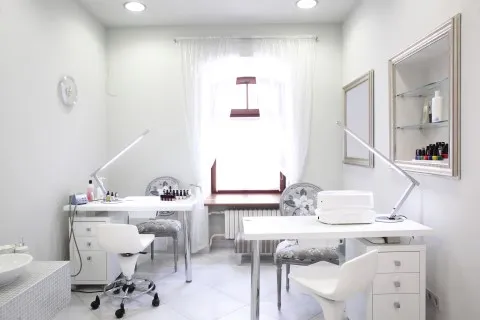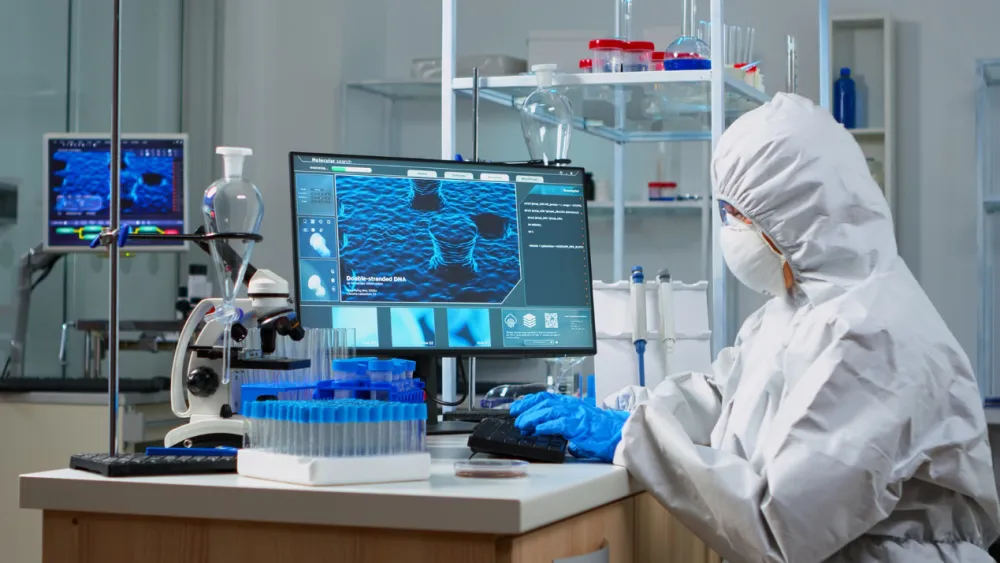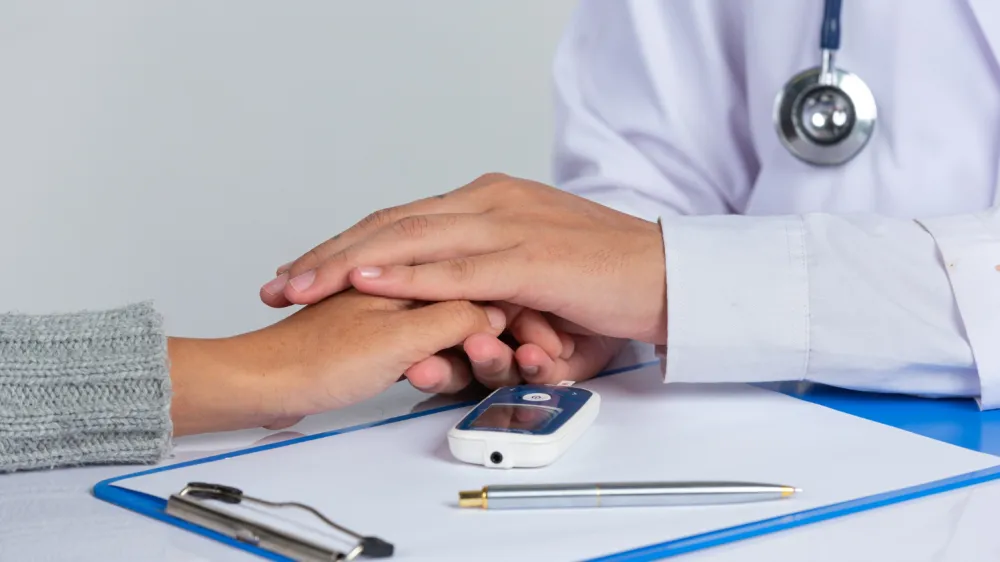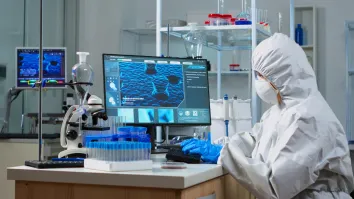
Consumers and doctors disagree regarding access to electronic health records, says survey
82% of consumers in Singapore want full access.
A rift is developing between consumers and doctors regarding whether or not the latter should have full access to their electronic health records.
According to a survey by Accenture, the divide has widened in Singapore compared to two years ago, with patients now four times as likely as doctors to believe that patients should have full access to their records.
And it’s not just because the number of consumers who believe they should have full access have risen from 73% in 2014 to 82% today. The number of doctors who share the belief has also dropped from 30% to 17%.
According to Penny O’Hara, managing director and APAC head of healthcare at Accenture, until now, the flow of clinical information has been to the doctor.
“With digitisation driving a new level of information parity, doctors need to embrace – not resist – the notion of patients having complete access to their records,” she said.
Additionally, the survey found out that 2/3 of consumers who believe they should have access want to see exactly what the doctor sees instead of a summary.
“This comes as the number of patients who know exactly what they can access in their EHRs increased 45 per cent over two years, from 44 per cent in 2014 to 64 per cent today,” the survey said.
“However, significantly more consumers are likely to access their EHR to stay informed than to help with making medical decisions (27 per cent vs. 11 per cent). The areas cited most often by consumers for using their EHRs to manage their health include having access to their physician’s notes about the visit (34 per cent) and having access to lab results (28 per cent),” it added.



















 Advertise
Advertise





